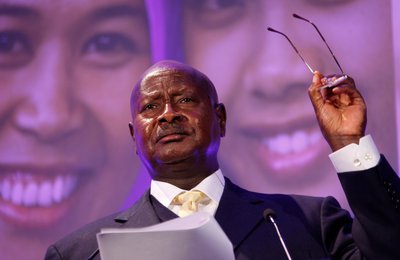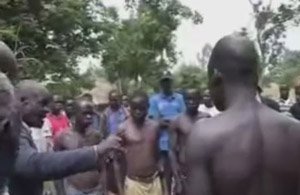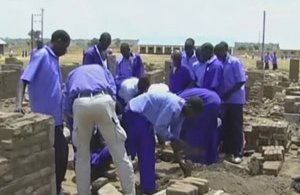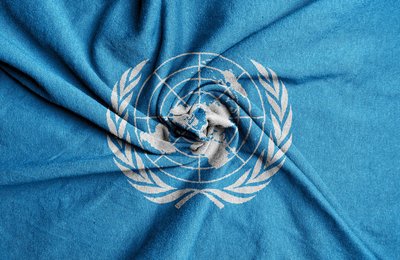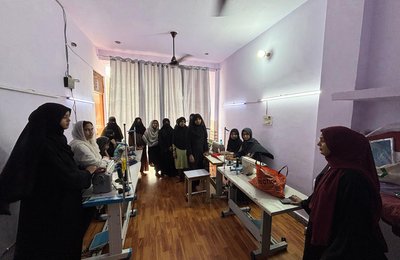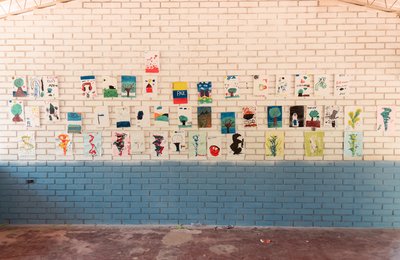 Image credit: UN Photo/Pernaca Sudhakaran
Image credit: UN Photo/Pernaca SudhakaranAs I posted with grief on my Facebook wall upon learning of the demise of this iconic leader, Mandela inspired me to take the path of the law – to seek justice and to speak truth to power whatever it takes. Madiba was a genius architect of the modern day transitional justice approach which ushered South Africa into a new dawn. His foresighted leadership of the African National Congress during the negotiations to end apartheid enabled South Africa to transition from a brutal apartheid era into a multi-racial constitutional democracy which guarantees the rights of the majority without subjugating the minority.
Following his release from prison and during the peace talks with the apartheid regime, Mandela is quoted to have assured President de Klerk that “I know we cannot defeat you militarily, but rest assured that you cannot kill us all.” He accepted an amnesty for the majority of the brutal apartheid system and its beneficiaries but in exchange demanded a credible institutional reform to guarantee inclusive governance. He established a credible truth seeking and reconciliation commission (TRC) to document and clarify the nature and extent of the apartheid legacy. The TRC initiated a limited conditional amnesty for perpetrators willing to tell the truth and seek forgiveness – even though those who took part were mainly in jail. He promulgated a progressive constitution backed by an independent constitutional court and initiated a number of reforms and affirmative action programmes to benefit the victims and survivors of apartheid.
In 1995, as a primary school leaver, I was hunting birds in my neighbourhood, in Obolokume village, Koro Kal, Gulu district when I saw Mzee Angelo Banya, a renounced Democratic Party Stalwart, reading the newspaper under his veranda. Mzee Banya was a symbol of progress and political struggle in my own village, and he too is an inspiration to join politics beyond party lines. He had travelled far and wide around the globe and attained the highest level of education. When I greeted him, the old man asked me what I was doing and why I had not gone to school. I replied: “I have finished Primary Seven and am waiting for my results.” He asked: so what next after Primary Seven? I told him that I didn't really know, but “I think after results come out, I will join either a technical school or a Primary Teachers college and become a mechanic or teacher.” My rationale being my own financial calculation but, equally they were the only role models available.
Then I sat down near him, picked up a newspaper and in the first page was a story on Nelson Mandela and a recollection of his statements during the opening of his defence at the Rivonia trial on Monday, April 20, 1964. He had been convicted for treason and sentenced to life imprisonment. I read with interest about his background, struggle, determination and the fight for justice, democracy and equality, and was inspired.
I asked Banya whether I could keep the newspaper and he agreed. I folded it up and read it again and again whenever I was resting during my hunting expeditions. I then posted the paper on the wall of my grass thatch hut until it got burnt down by the Lord’s Resistance Army in 1999.
By this time, I was completing my Senior Four exams. I knew I would become a lawyer and work for peace and justice. With the brutality and atrocities of both the LRA and government forces against my people in northern Uganda at the time, I knew the context was different but deep insight me, I was already inspired and had found a career path with ideals to live for.
Today, I mourn Mandela with fond memories. His inspiration offers me hope and life, with ideals for which I am prepared to die. Thank you Madiba, and Rest in Peace.




